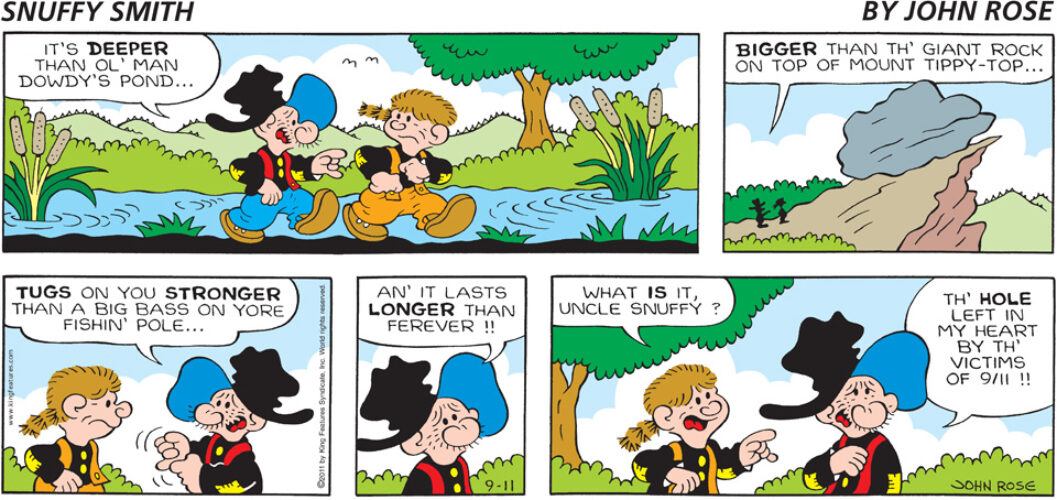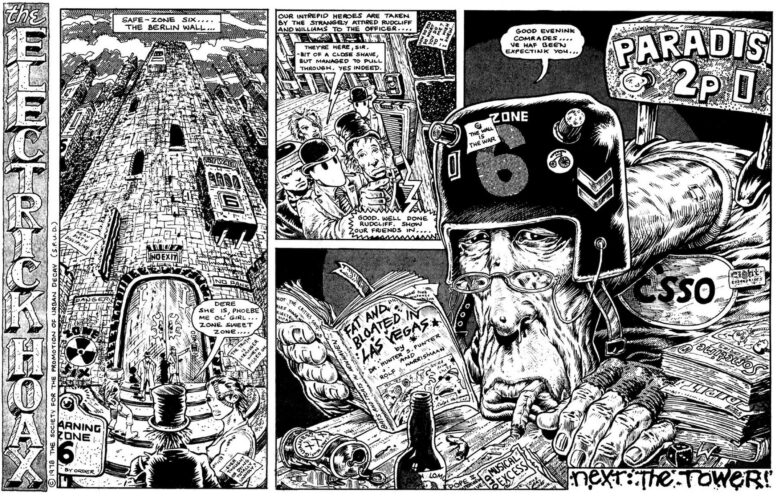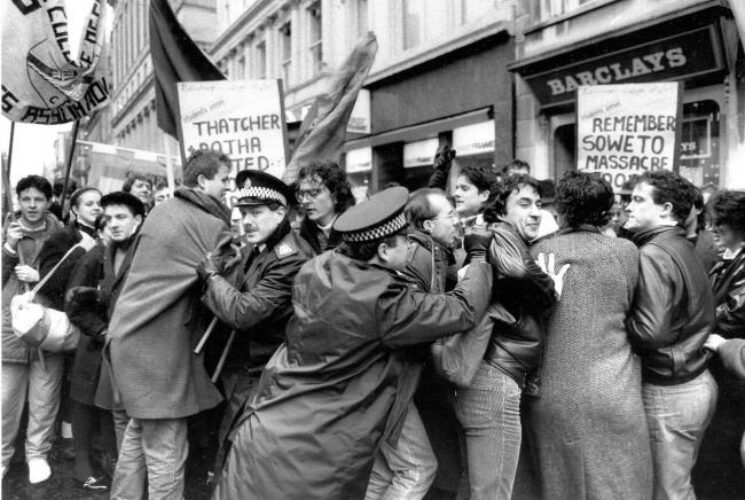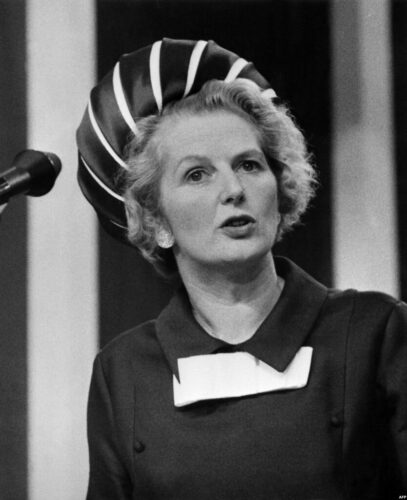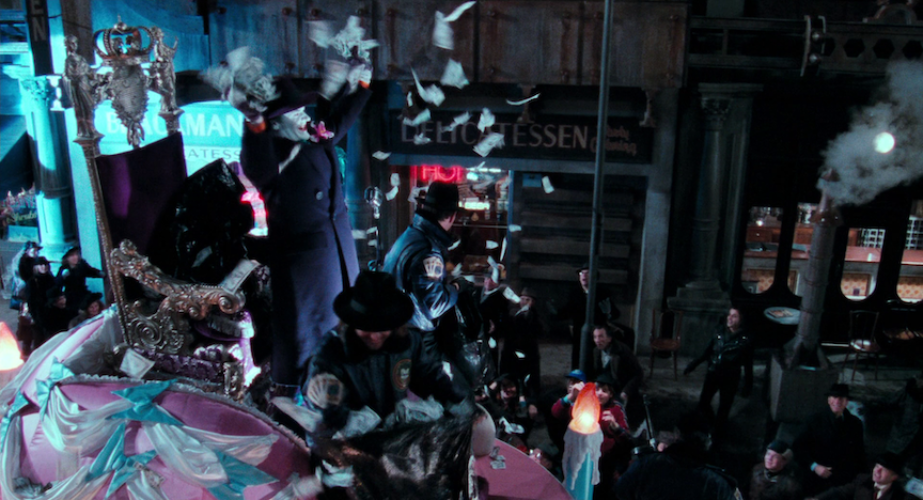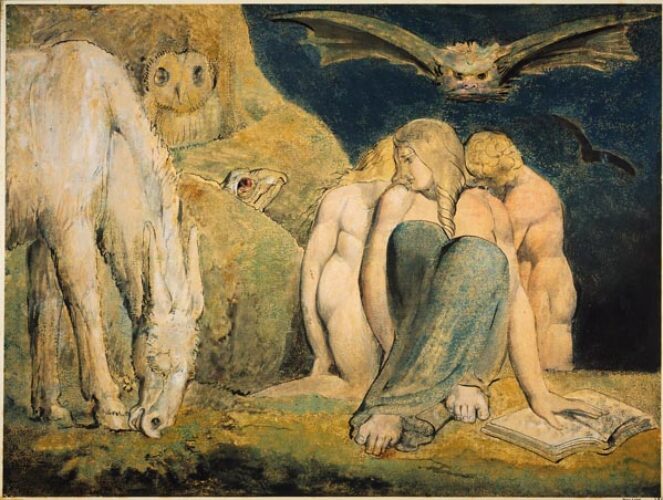An Unusually Determined Suicide (Book Three, Part 24: Bible John, Third World War)

Previously in Last War in Albion: Grant Morrison penned a final work in the British market during this boom, a piece called Bible John in a magazine called Crisis.
The complex phenomenon we project. That alone is real. The actual killer’s gone, unglimpsed, might as well have not been there at all. There never was a Jack the Ripper. Marie Kelly was just an unusually determined suicide. Why don’t we leave it there? -Alan Moore, From Hell
The eponymous Bible John was a serial killer who operated in Glasgow in the late 1960s. His pattern was to pick up young women at the Barrowland Ballroom—all three victims were menstruating at the time of their deaths—beat them, and strangle them to death with their own tights. In the wake of the third killing the victim’s sister, who had shared a cab with both her and the killer, recounted him giving his name as “John” and quoting Bible verses on the drive, hence the nickname. A massive investigation followed, including the first time in Scotland that media published a composite portrait, but the murders remained unsolved.
Morrison’s comic is as its subtitle describes it—a meditation and history of the killings in which Morrison conducts their own investigation as a narrative over their former Fauves bandmate Daniel Vallely’s expressionist best Bill Sienkiewicz/Dave McKean imitation. This narration is intense and psychogeographic in its approach. “The murder sites can still be visited,” one early section begins. “They include not only the geographical locations but also the graveyard acres of newsprint, of drawings, of photographs. Family snapshots with the grain enlarged. Black and white pointilist portraits, arranged in rows. Let’s go down there. Looking for clues. This is dead ground where even the air seems stunned into amnesiac silence. Lanes diminish into forced perspectives.”
It is impossible to read this and not to think of Alan Moore and Eddie Campbell’s From Hell, which examined the Jack the Ripper murders from a similarly informed perspective, and which had begun publication in 1988, rendering it a surefire influence on Bible John. Indeed, Morrison discussed the comic in a Drivel column in November of 1990, noting its “unacknowledged debt to the subtext and subject matter of Iain Sinclair” while calling it “as fine a piece of narrative construction as one is likely to see in a comic book” in the course of a larger (and tremendously insightful) argument that obsessions with plagiarism are “based on the bourgeois concept of art as a commodity which is the sole privilege of an educated cultural elite.” Though of course given Drivel’s performative excesses it’s worth nothing that this argument came four months after their snark about Moore and Superfolks and four months before the beginning of Bible John, which contains no acknowledgment of the debt its own “wander around murder sites and report on their psychic energy” approach owes to Sinclair.
Ultimately, however, this is an easy comparison to overstate. From Hell was in many ways a successor to Watchmen, using a tight nine-panel grid and no narration or caption boxes until the ending chapters (published years after Bible John), depicting the Ripper murders directly instead of talking about them from a historical vantage point.…


